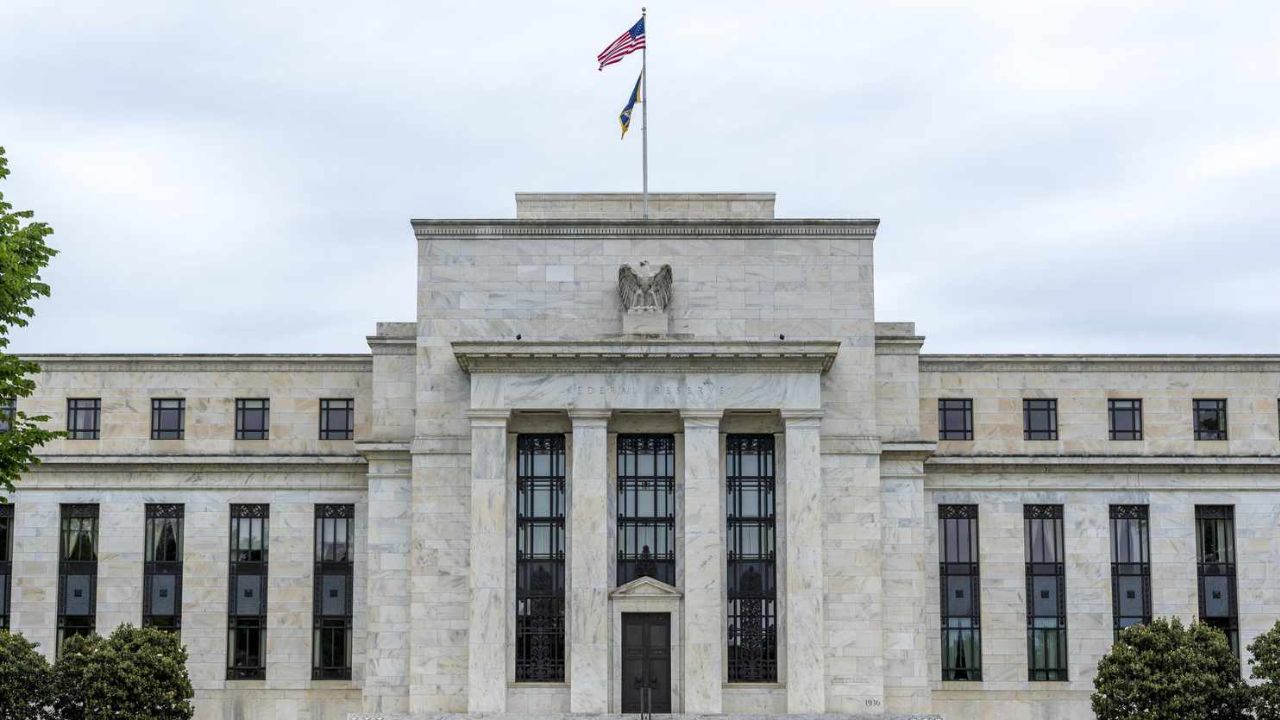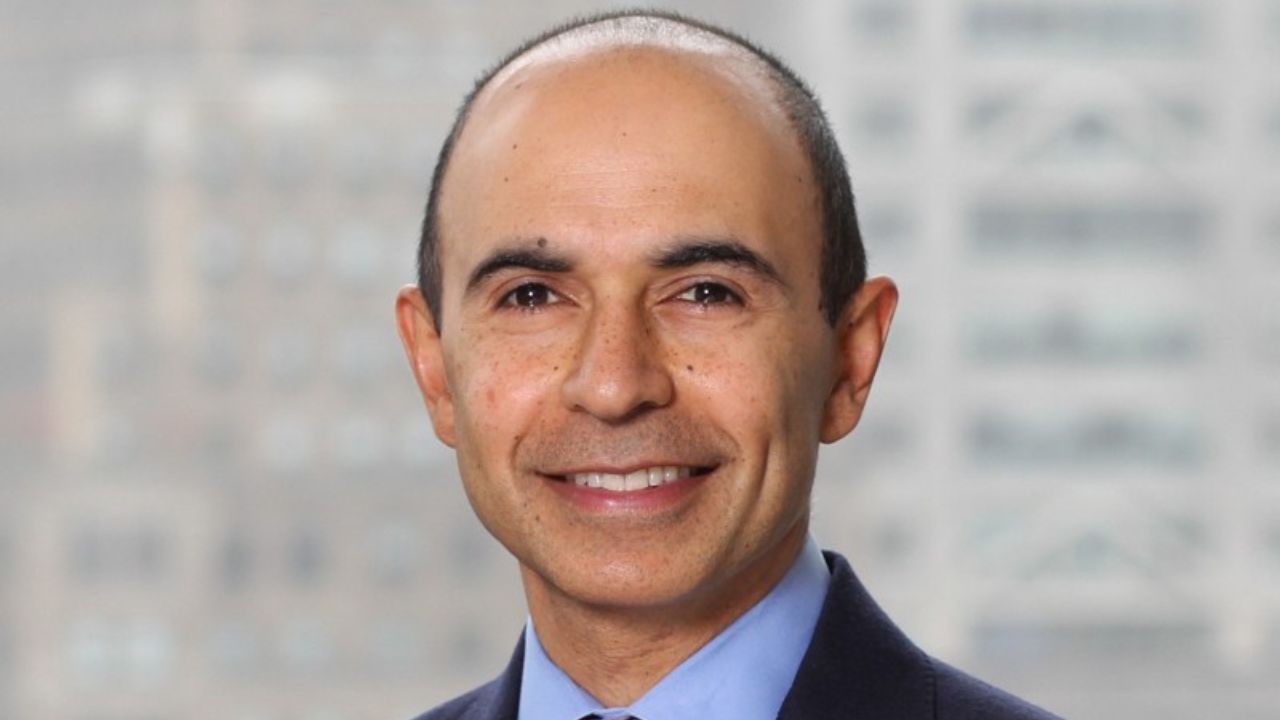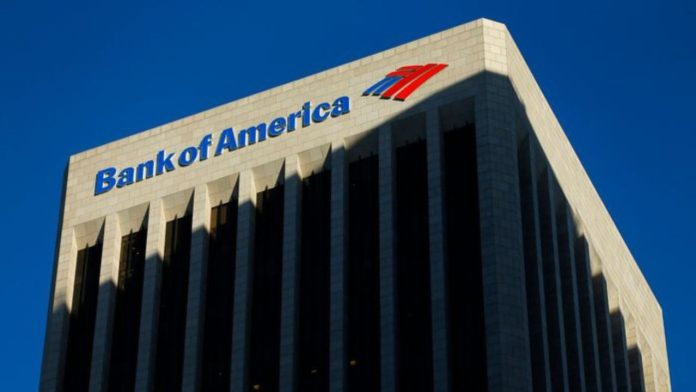Bank of America has recently implemented significant leadership changes within its capital markets business, introducing a new advisory group named Capital Markets Advisory.
This move is aimed at better aligning the bank’s offerings with the challenges presented by the volatile macroeconomic and geopolitical environment.
Gregg Nabhan, chair of equity capital markets, and Mike Browne, head of North America leveraged finance, have been appointed to lead the Capital Markets Advisory unit, according to an internal memo.
Navigating Market Challenges
In the memo, Faiz Ahmad and Sarang Gadkari, co-heads of Global Capital Markets, highlighted the persistent challenges faced by clients in making cross-capital structure decisions amidst the current volatile macroeconomic and geopolitical conditions.

Over the past two years, the macroeconomic environment has been particularly tough, with the U.S. Federal Reserve’s record interest rate hike cycle and ongoing geopolitical tensions exerting pressure on global markets.
Despite these challenges, there have been glimpses of optimism. Recent indicators, such as the inflation print, have provided some confidence to investors, suggesting potential opportunities amidst the volatility.
Bank of America’s strategic leadership changes reflect a proactive approach to addressing these challenges and capitalizing on emerging market trends.
Key Leadership Appointment
Under the new changes, Anand Melvani will assume the role of head of Americas leveraged finance. Melvani will continue to report to Chris Munro, the global head of leveraged finance.

These appointments underscore Bank of America’s commitment to strengthening its leadership team and enhancing its capabilities in navigating the complexities of the capital markets.
